In today's world, where sustainability is becoming increasingly important, carbon management has become a critical aspect for businesses to consider. The concept of carbon management revolves around measuring, reducing, and offsetting carbon emissions in order to mitigate the negative impact on the environment. Implementing effective carbon management strategies not only helps companies meet their environmental goals but also offers numerous other benefits. In this article, we will explore the top benefits of carbon management and how it can positively impact businesses.
What is carbon management?
Carbon management is a comprehensive approach that involves strategically measuring, monitoring, and reducing carbon dioxide equivalent (CO₂e) emissions across an organization's operations, products, and services. This process aims to minimize the overall carbon footprint, thereby significantly contributing to sustainability. It entails a thorough examination of a product or service's entire lifecycle, including emissions from production, transportation, use, and disposal. Central to this approach is carbon accounting, which helps establish a baseline for emissions and set realistic reduction targets by identifying high-emission areas.
7 key benefits of carbon management
Implementing carbon management practices can bring about various advantages for businesses. Here are some of the key benefits:
1. Competitive Advantage
Carbon management is not just about reducing emissions; it's a strategic move towards competitive differentiation. In an increasingly eco-conscious market, businesses that proactively reduce their carbon footprint distinguish themselves from competitors. This commitment to sustainability resonates with consumers and stakeholders alike, enhancing brand value and market positioning.
2. Risk Mitigation
Active carbon management equips companies to handle not only environmental regulations but also operational risks like supply chain disruptions. Aligning with frameworks such as the Task Force on Climate-related Financial Disclosures (TCFD), businesses can anticipate and prepare for various climate-related risks, ensuring long-term operational resilience and sustainability.
3. Revenue Generation
Carbon management is crucial in B2B relationships, as it directly influences customers' Scope 3 emissions. By lowering their carbon impact, companies can provide a competitive edge to their B2B clients, making their products and services more attractive in a market that values sustainability. This approach not only attracts a broader customer base but also fosters innovation in eco-friendly products and services.
4. Reputational Enhancement
A strong commitment to carbon management improves a company's reputation. Being seen as an environmentally responsible organization attracts new customers, investors, and top talent, enhancing the company's market position.
5. Investor Appeal
Sustainable investment has witnessed a significant rise, with reports indicating a year-on-year increase in green investing. Companies excelling in carbon management are thus more appealing to this growing segment of environmentally-focused investors, securing financial support and investment for their sustainable initiatives.
In 2022, climate-related equity investments in private markets grew by approximately 6.6% to about $196 billion, notably outpacing the overall private market transactions, which declined during the same period.
Source: McKinsey
6. Regulatory Advantage
With environmental regulations increasing at an unprecedented rate, proactive carbon management gives businesses a regulatory edge. This foresight often leads to eligibility for governmental subsidies and incentives, providing financial and strategic advantages in a rapidly evolving regulatory environment.
155% increase in global ESG regulations over the past decade.
7. Supply Chain Optimization
Effective carbon management often leads to significant enhancements in supply chain efficiency. For instance, energy-saving measures not only reduce emissions but also lower operational costs. Similarly, efforts to minimize waste can increase the amount of sellable products, boosting revenue. These optimizations contribute to a more sustainable and resilient business operation.
How can businesses implement carbon management?
The journey towards effective carbon management for businesses starts with a thorough understanding of their current carbon emissions. This step, known as carbon accounting, involves tracking and quantifying greenhouse gas emissions from all aspects of business operations. It's a foundational step that helps businesses set realistic goals for reducing their carbon footprint.
For a streamlined approach to this complex task, tools like Arbor's Carbon Management Platform are invaluable. They offer precision in measuring emissions and pinpointing areas where improvement is most needed. But carbon management isn’t just about numbers; it’s also about action. This means exploring energy-efficient solutions, considering renewable energy sources, and rethinking supply chain practices for greater sustainability. A key aspect of this process is adaptability — regularly reassessing strategies in response to new data and evolving environmental regulations.

Arbor's approach to carbon management
Arbor’s approach to carbon management is designed to demystify the process for businesses. The platform offers a user-friendly suite of tools that simplifies the task of understanding and managing carbon emissions.
Together, these tools form a holistic approach to carbon management. Arbor empowers businesses not only to meet sustainability benchmarks but to emerge as proactive leaders in an eco-conscious business landscape. Ready for a comprehensive platform to take your sustainability to the next level? Talk to sales
See more sustainability statistics
Measure your carbon emissions with Arbor
Simple, easy carbon accounting.
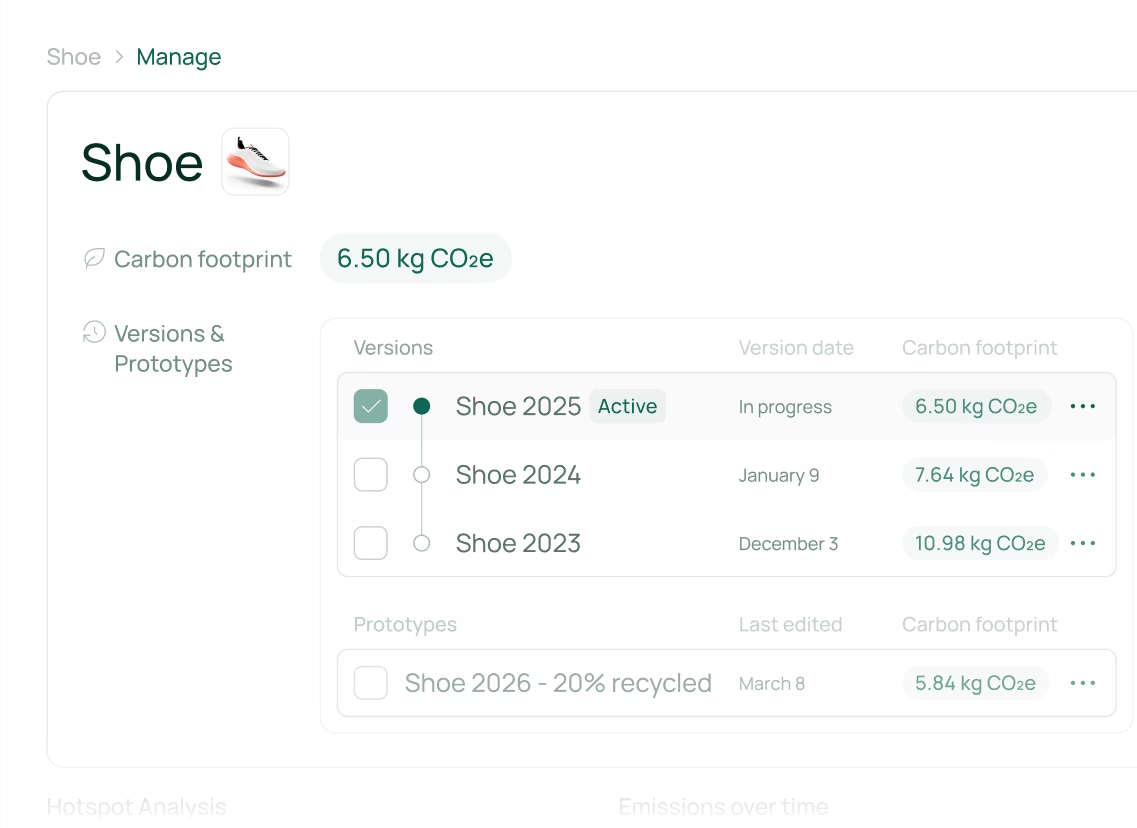




.webp)




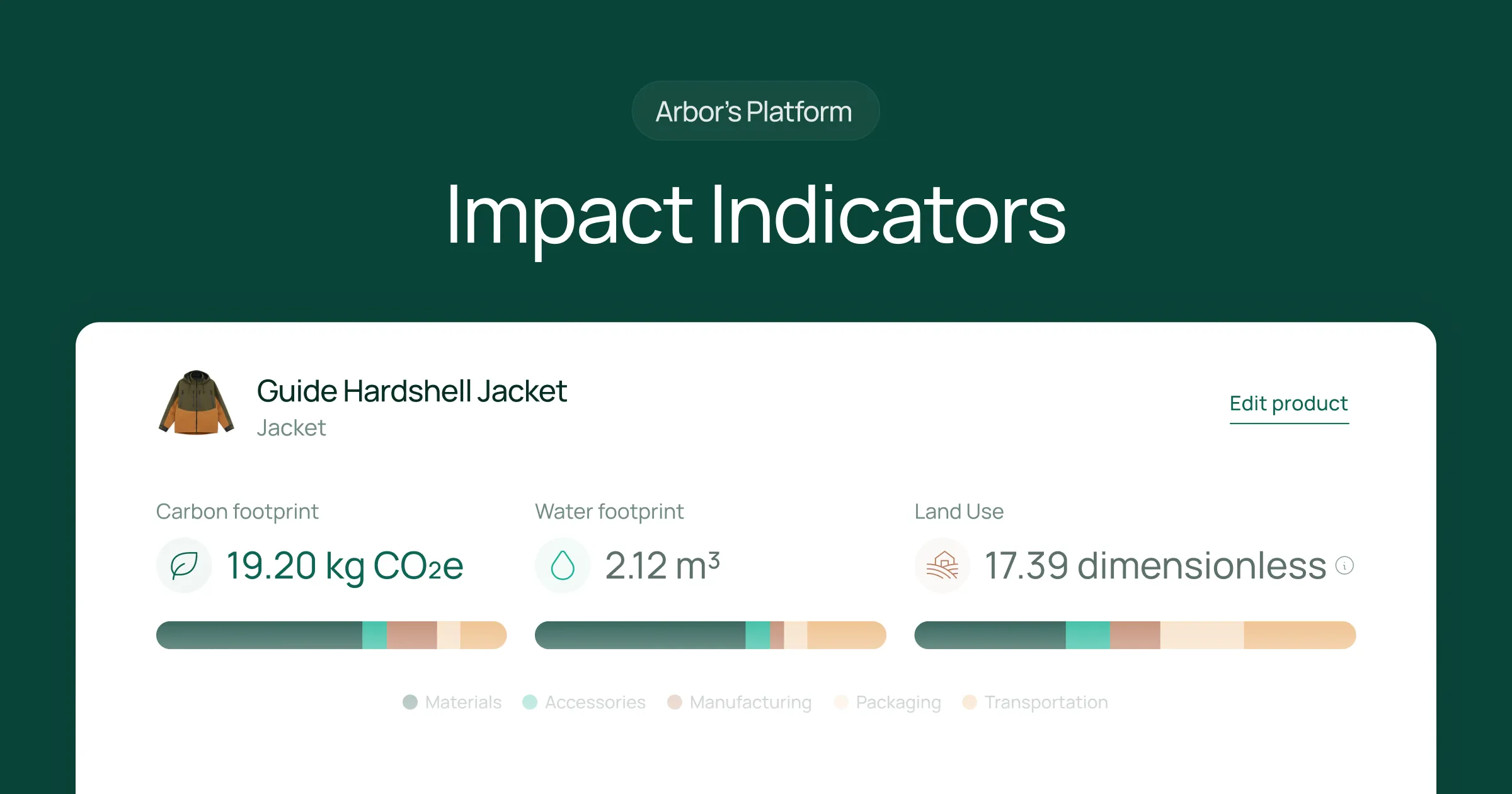
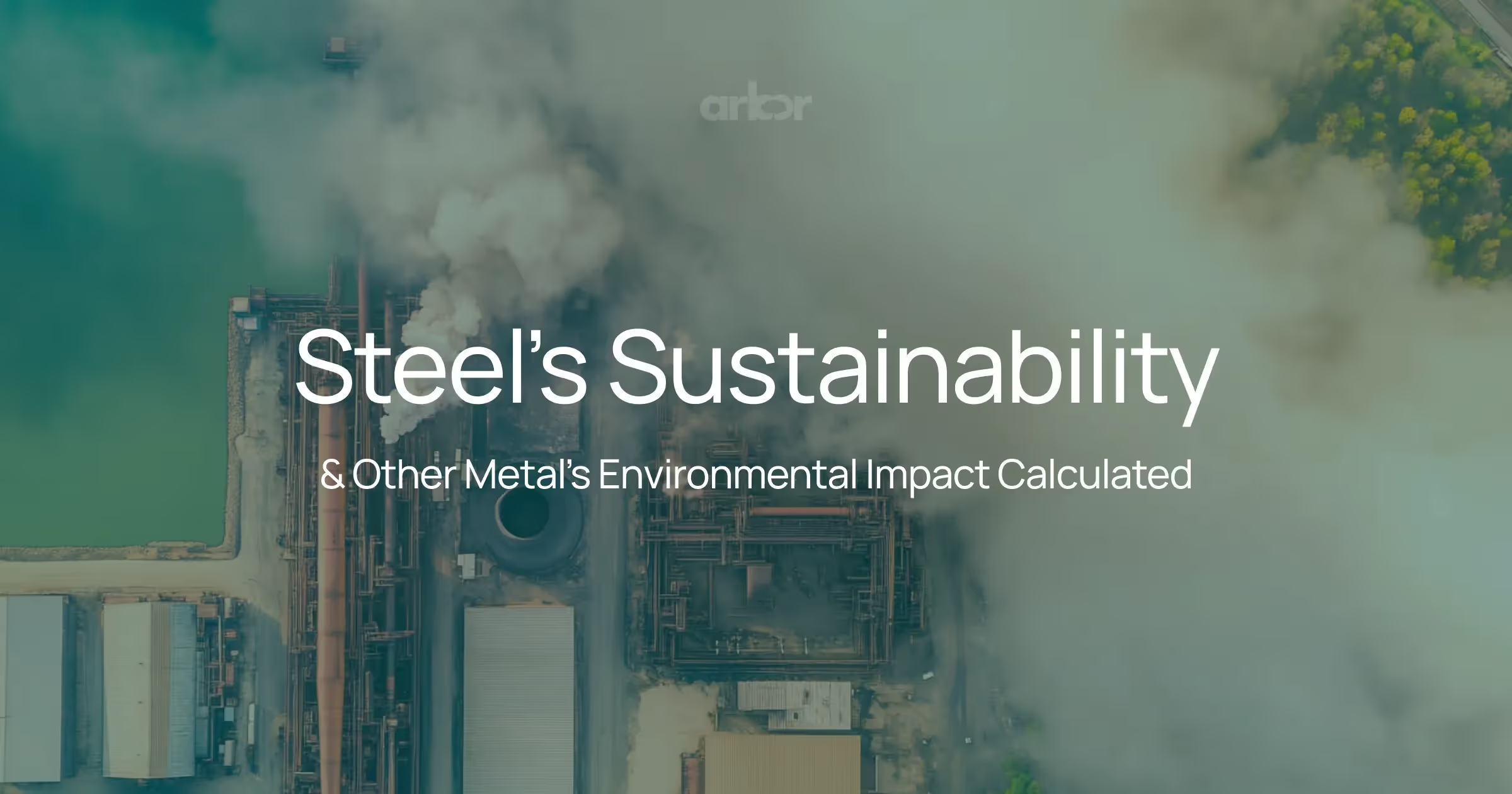


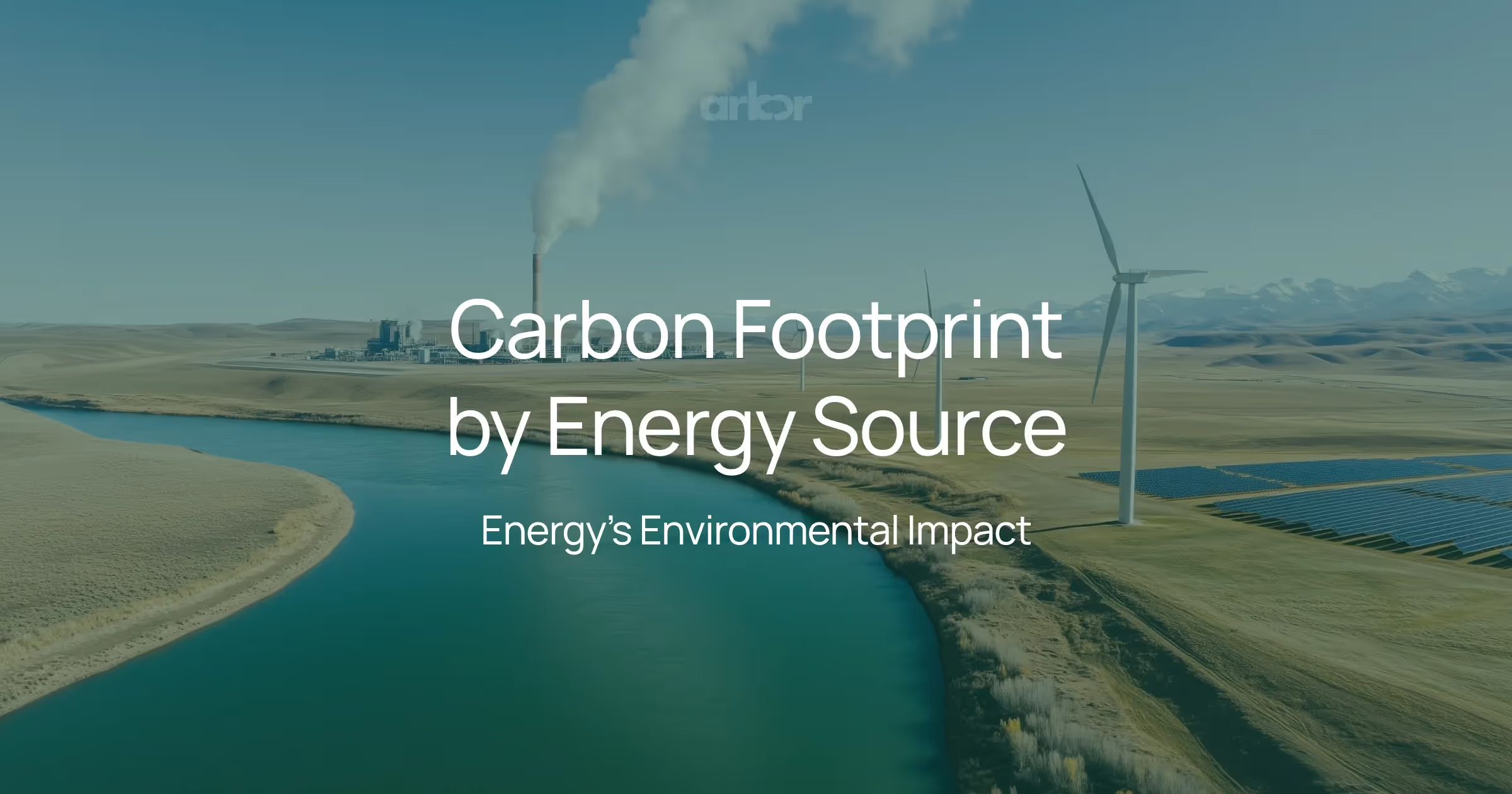
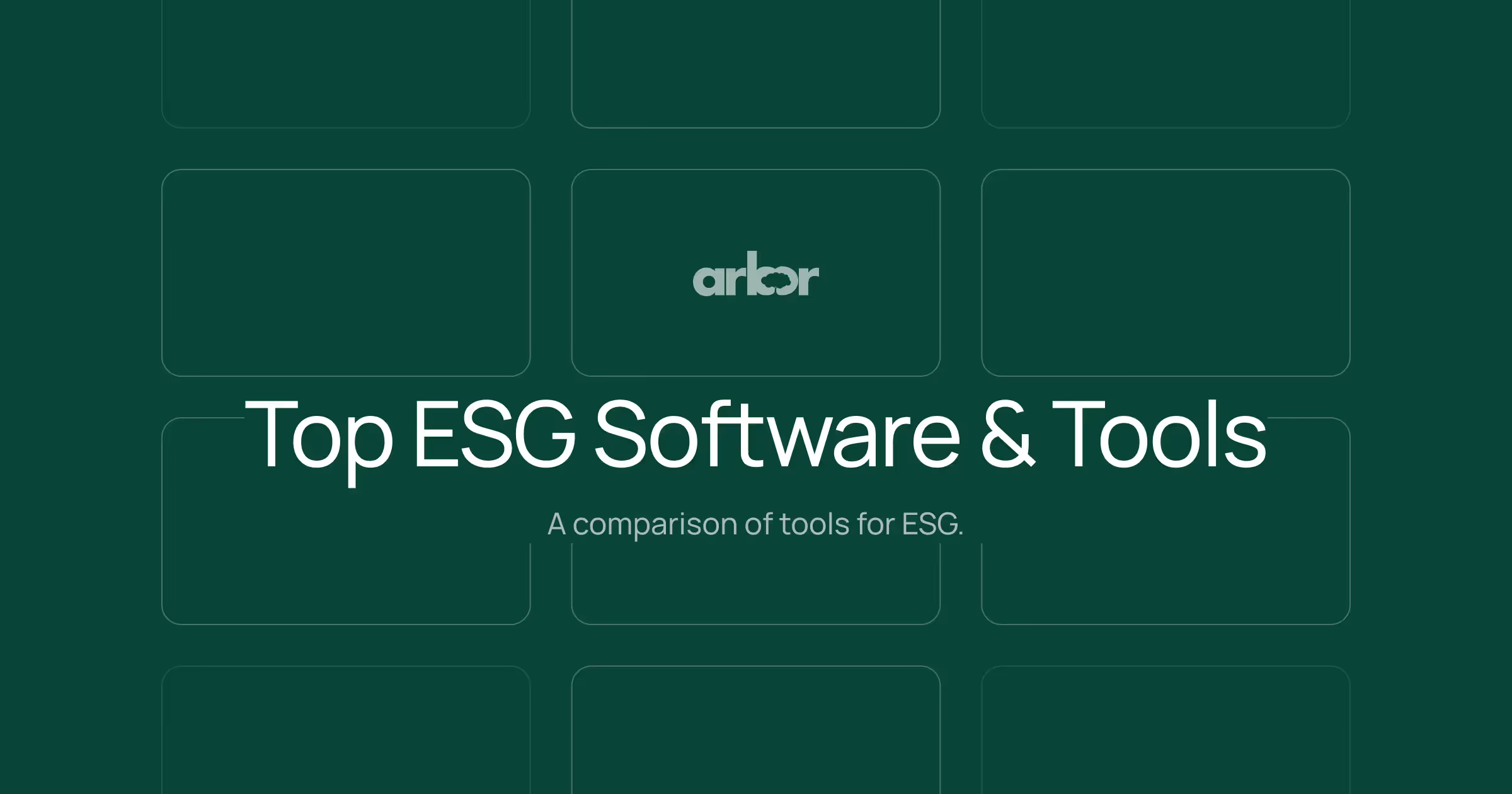

%20Arbor.avif)
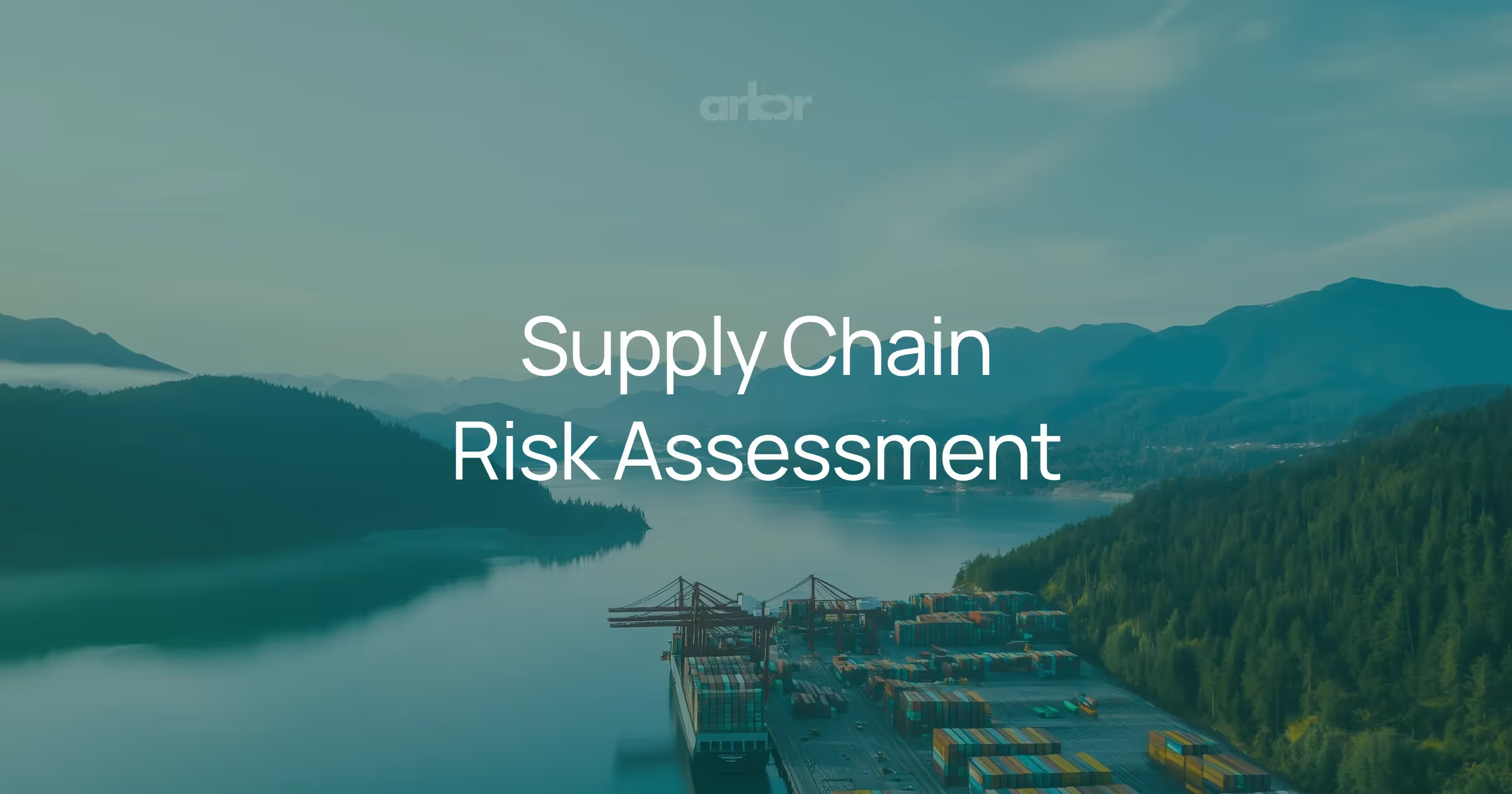




%20Arbor.avif)
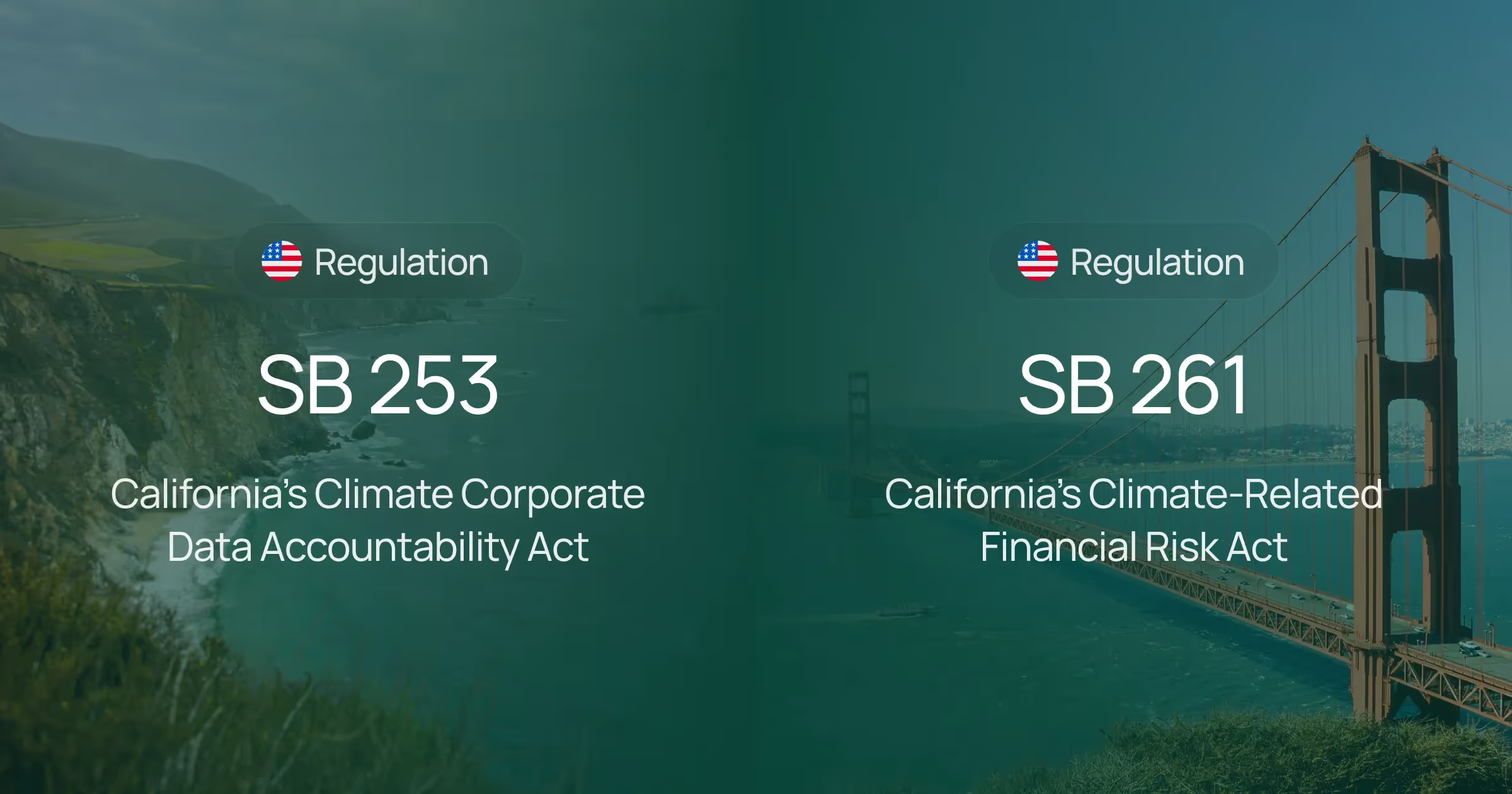

.avif)
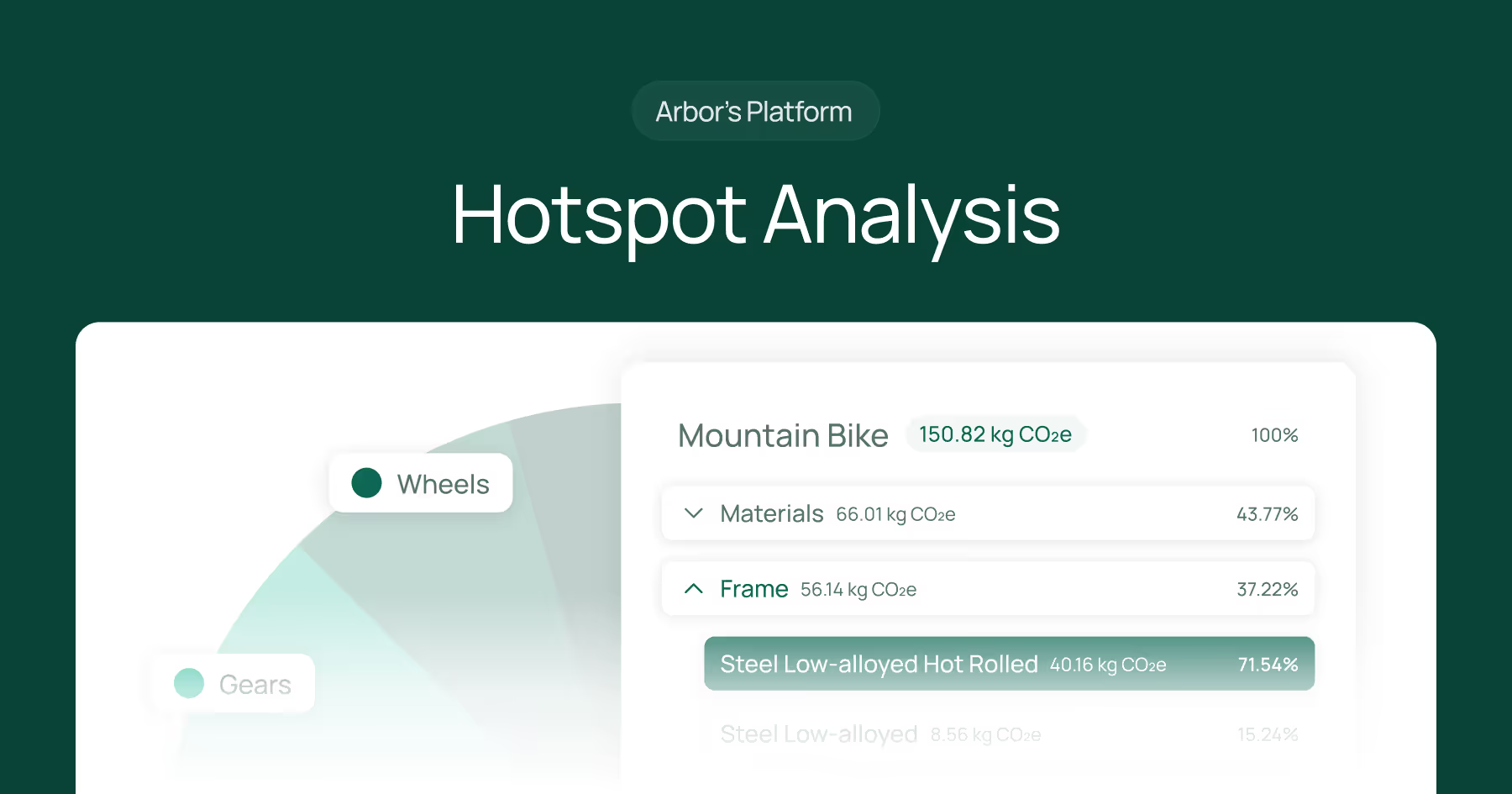


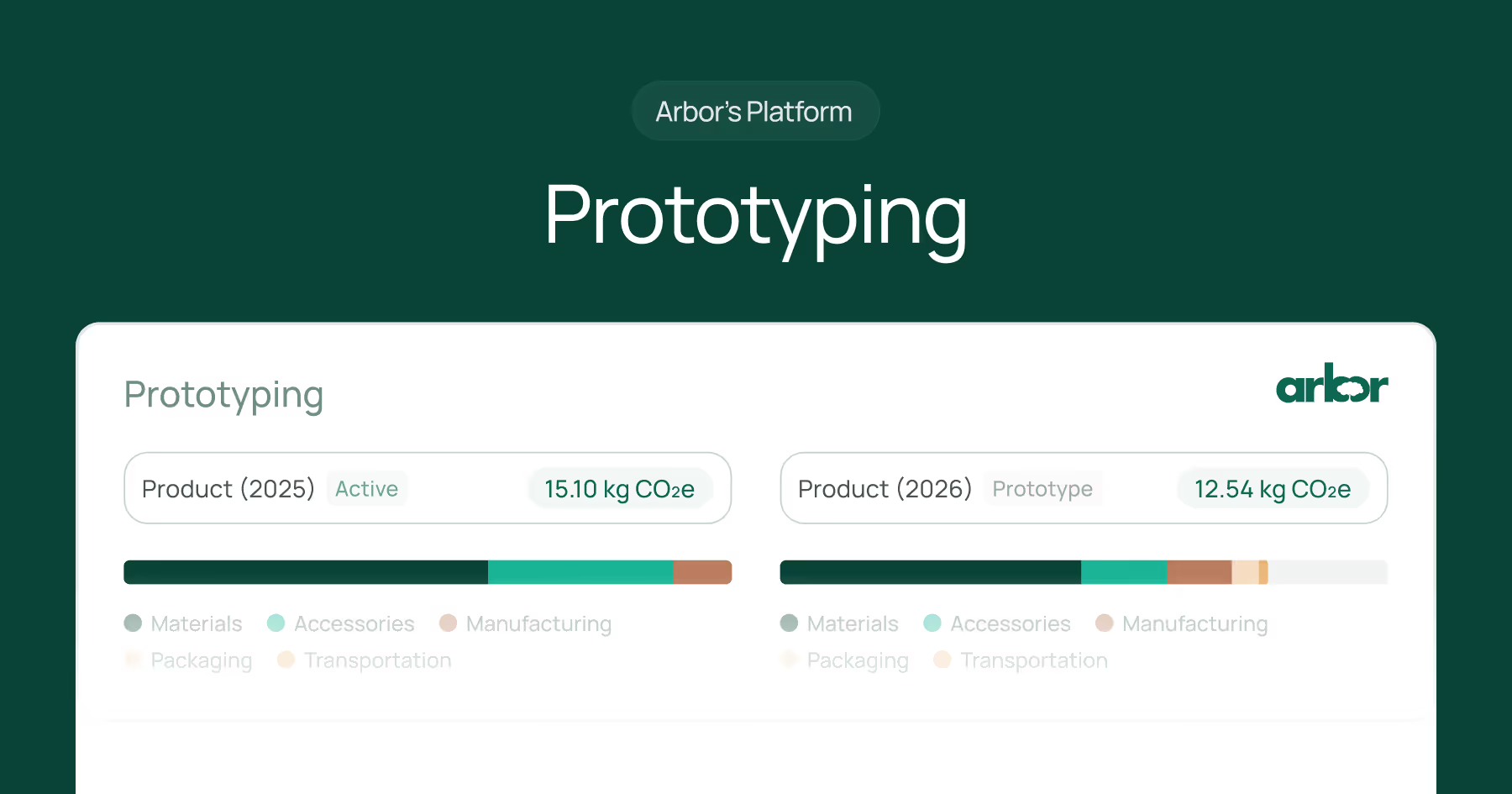


%20Arbor%20Canada.avif)
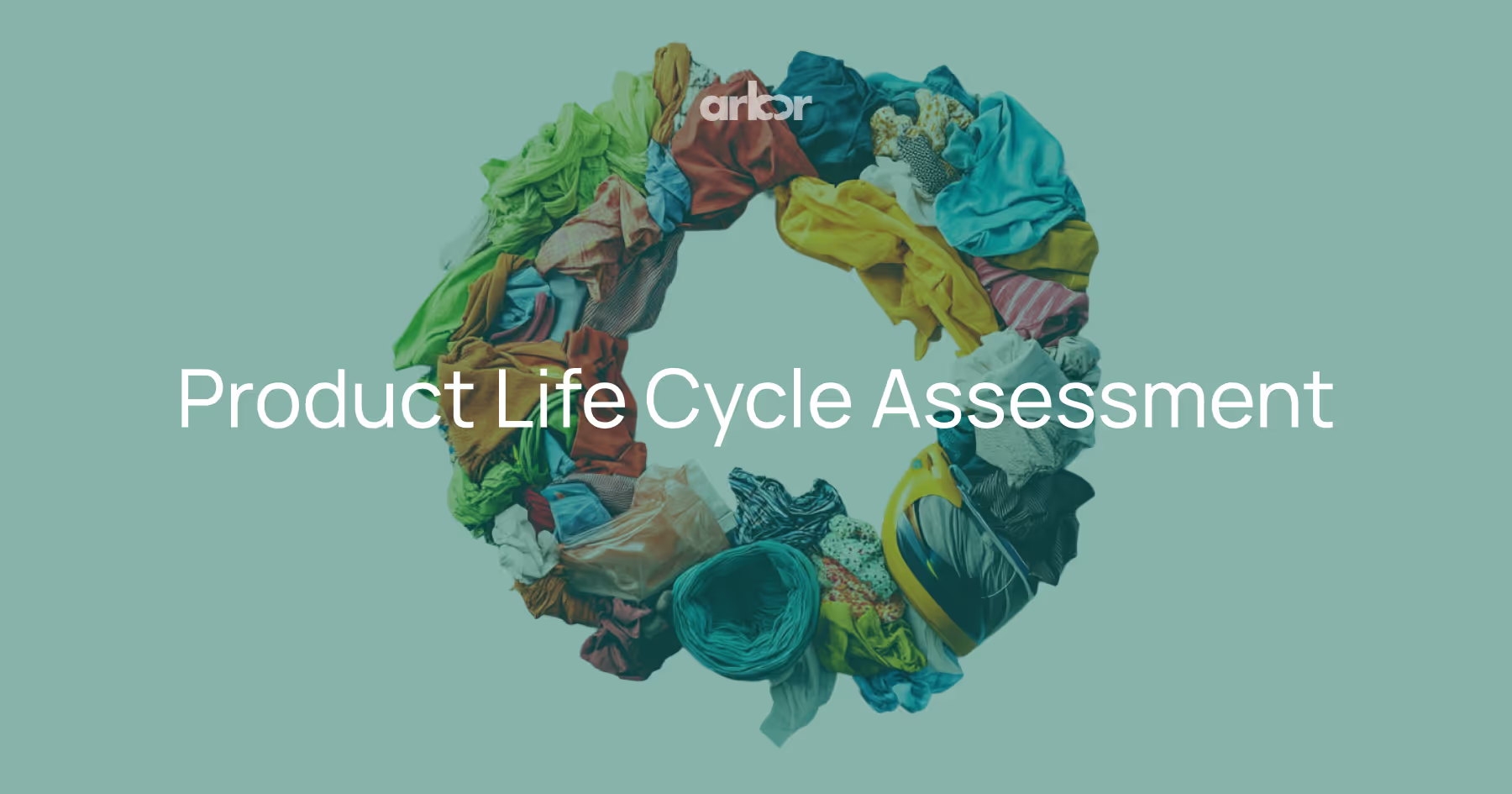
.avif)
%20Arbor.avif)
.avif)






_.avif)
.avif)
%20Arbor.avif)




%20Software%20and%20Tools.avif)





.avif)
.avif)
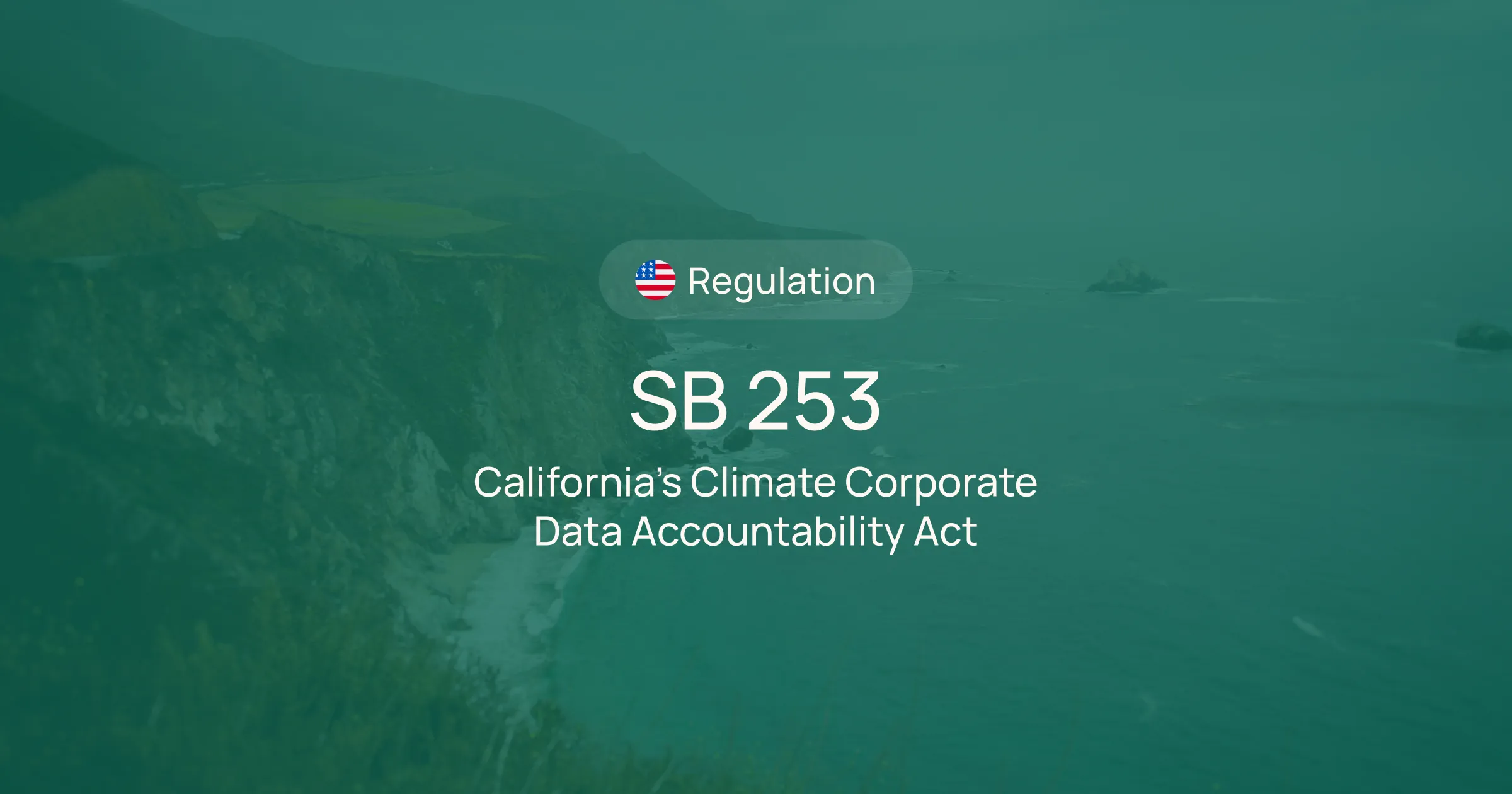



%20EU%20Regulation.avif)












.avif)


%20Arbor.avif)









_%20_%20Carbon%20101.avif)







.avif)

.avif)
.avif)


.avif)








